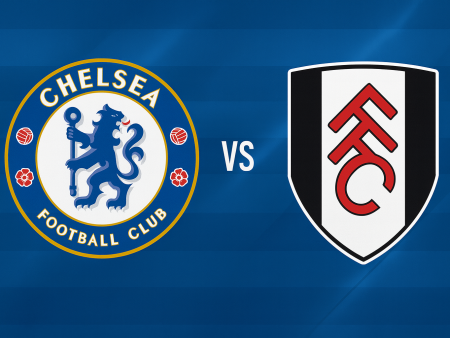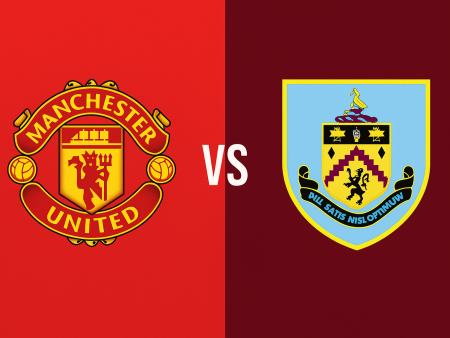Understanding the Real Issues with Harry Maguire’s Defending at Manchester United
Harry Maguire has been at the center of debate when it comes to Manchester United’s defensive frailties. Although many point fingers at Maguire for United’s struggles, a closer tactical analysis reveals a more complex problem—one that extends far beyond a single player. This article delves deep into the root causes of Manchester United’s defensive challenges, highlighting the tactical misfit between playing style and personnel, and identifying what truly holds Maguire, and consequently United, back.
Mismatched Playing Styles and Defensive Partnerships
Manchester United’s defending woes stem primarily from a lack of synergy between the players’ attributes and the chosen tactical approach. Under Ralf Rangnick, United have often employed a high defensive line, a strategy demanding both pace and positional intelligence from defenders and significant support from the goalkeeper.
The traditional center-back partnership relies on complementary roles—a “sweeper” who covers spaces and a “stopper” who aggressively steps forward. However, the partnership of Maguire, who lacks top-level recovery speed, alongside other defenders with similar limitations, exposes United to quick transitions and balls played in behind. Unlike teams such as Bayern Munich or Germany, who compensated with a sweeper-keeper like Manuel Neuer, United’s goalkeeper David De Gea is notably less proactive outside his box, further compounding these vulnerabilities.
Defensive Imbalances on the Left Side
Examining the left side of United’s defense reveals additional complications. Luke Shaw, while fast and physically impressive, often advances high up the field, sometimes neglecting defensive responsibilities during transitions. In midfield, Fred operates as a high-energy ball-winner but struggles to provide enough cover as a single pivot. This dynamic results in Maguire having minimal support in crucial moments:
– Shaw’s advanced positioning leaves space exposed behind him.
– Fred’s tendency to press or foul in transition often vacates the area ahead of the back line.
– Maguire is left isolated and more likely to be drawn out of position.
Such breakdowns don’t highlight individual failure, but rather a system where player roles don’t conceal each other’s weaknesses. Instead of complementing one another, these defensive relationships amplify existing flaws.
Tactical Discipline and Stepping Out of Position
A recurring issue in Maguire’s play is his tendency to step out of the defensive line. When strikers drop deep to receive the ball, Maguire frequently follows them—sometimes too closely. This habit can backfire, especially against quick-witted attackers capable of spinning away or exploiting the vacated space. Key implications include:
– Maguire’s physicality and desire to engage attackers often leaves larger gaps for opponents to exploit.
– Missteps in such moments frequently result in fouls, which, compounded by similar disciplinary lapses from Shaw and Fred, can collectively leave United’s left side exposed to persistent attacks.
Maintaining shape—especially for defenders less equipped to recover ground quickly—is often the safest choice. Holding position gives supporting midfielders and fullbacks more time to recover, while allowing Maguire to utilize his aerial presence and strength where it matters most.
The Fundamental Flaw: Ineffective Field Scanning
Beyond speed or positional issues, a critical area of concern in Maguire’s game is his inability to constantly scan his surroundings. Effective scanning is essential for both defending and building out from the back:
– Maguire often focuses on the ball or teammates when receiving a pass, without adequately checking for nearby opposition players or dangerous spaces.
– This flaw is evident both in and out of possession—leading to delayed or poor decisions, as illustrated in goals conceded to Leicester City, PSG, and RB Leipzig.
– A defender’s first scan should always be for opposition threats, not just teammates, to anticipate pressing or attacking moves.
By failing to gather a complete picture of his environment, Maguire is often caught unaware, making him more reactive than proactive—a costly disadvantage in high-intensity matches.
Lessons from Tactical Mistakes: Key Match Examples
Several high-profile matches shine a light on these recurring issues:
– **Leicester City vs. Manchester United**: Maguire checks for passing options but not for closing Leicester players, leading to a turnover and goal.
– **PSG vs. Manchester United**: His ball-watching results in leaving space for Neymar to score, as Maguire reacts late and prioritizes the obvious threat over the real one.
– **RB Leipzig vs. Manchester United**: Maguire’s failure to track runners on his blind side allows Kluivert to capitalize in a crucial Champions League fixture.
These moments highlight that Maguire’s challenges are not due merely to physical attributes or lack of effort but are rooted in decision-making and situational awareness—both exacerbated by a lack of wider tactical support.
Pathways to Improvement: What Can Change?
Maguire’s defending will strengthen if the following adjustments are made:
– **Improve Scanning**: Prioritizing awareness of opposition movement will allow for better positioning and anticipation, reducing the need to chase play or make desperate challenges.
– **Tactical Discipline**: Holding the defensive line and resisting the urge to commit too early would minimize exposure, especially given his lack of recovery pace.
– **Structural Support**: United must address the collective balance in their defensive system, ensuring midfielders and fullbacks provide consistent coverage rather than leaving Maguire isolated.
– **Goalkeeper Adaptation**: Encouraging more proactive goalkeeping or strategically selecting keeper/defender pairings can mitigate issues with balls played behind the defense.
Conclusion: Beyond the Scapegoat Narrative
While Harry Maguire’s performances come under microscope, it is clear that United’s defensive problems arise from tactical misfits and systemic imbalances, not individual errors alone. The constant scapegoating of Maguire overlooks deeper team-wide flaws—most notably, the lack of a functional structure that hides weaknesses and brings out the best in all personnel.
Empowering Maguire with better tactical discipline, improving his field scanning habits, and surrounding him with players whose profiles suit the chosen style are the real keys to unlocking a more solid Manchester United defense.
For more insights on Manchester United’s tactics and squad building, continue exploring our in-depth analyses on team structure, midfield solutions, and potential defensive reinforcements.









